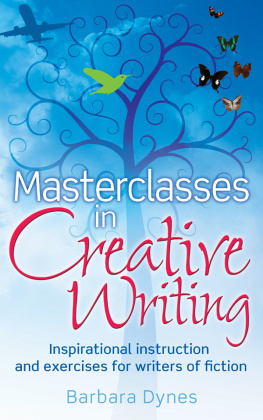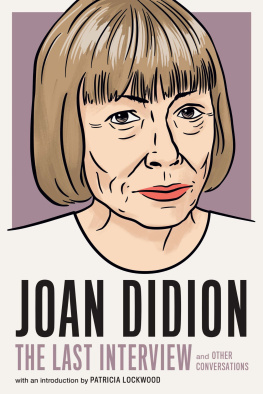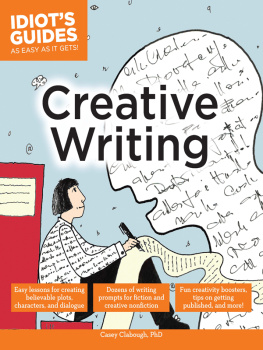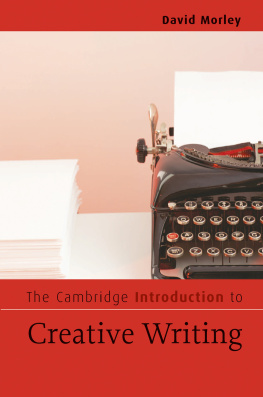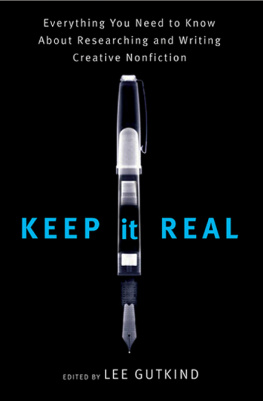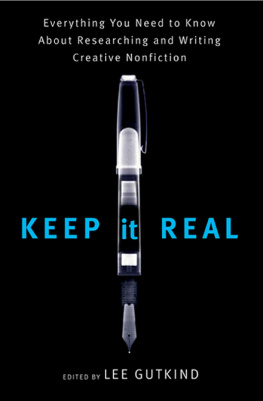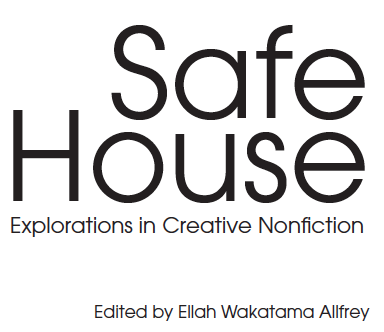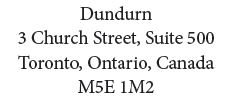A promising tradition of creative nonfiction is nascent in Africa. Fresh ways of writing African experiences are afoot. This publication signals the gestation of something enormously exciting and genuinely new.
Jonny Steinberg, author of A Man of Good Hope
Not so much timely as long overdue, this collection of essays and short memoirs directs the focus inward, leaping from blade-sharp observations of contemporary life around the African continent to a striking consideration of the continents cultural and political future. Safe House transports the reader beyond the tired narrative of news reports through individual stories and into worlds of hidden complexities. Stimulating reading.
Aminatta Forna
The stories in this anthology provide a form of connective tissue to contemporary life on the African continent in Cape Town, Nairobi, Dakar, and Kano. As a whole, it is both microscopic and panoramic, and strongly argues for an annual take of the same. As an Editor who regularly commissions nonfiction I am full of envy.
Billy Kahora, Editor of Kwani?
Copyright
Copyright Commonwealth Writers, 2016
Commonwealth Writers is a cultural initiative of the Commonwealth Foundation.
All rights reserved. No part of this publication may be reproduced, stored in a retrieval system, or transmitted in any form or by any means, electronic, mechanical, photocopying, recording, or otherwise (except for brief passages for purpose of review) without the prior permission of Dundurn Press. Permission to photocopy should be requested from Access Copyright.
Design: Janette Thompson (Jansom)
Cover design: Robin Farrow
Cover image: Msingi Sasis/Nairobi Noir www.nairobinoir.com
Epub Design: Carmen Giraudy
Library and Archives Canada Cataloguing in Publication
Safe house : explorations in creative nonfiction / edited by Ellah
Wakatama Allfrey.
Issued in print and electronic formats.
ISBN 978-1-4597-3547-7 (paperback).--ISBN 978-1-4597-3548-4 (pdf).-- ISBN 978-1-4597-3549-1 (epub)
1. African literature (English)--21st century. 2. Africa--In literature.
I. Allfrey, Ellah Wakatama, 1966-, editor
PR9348.S24 2016 820.8096 C2016-900864-9
C2016-900865-7
We acknowledge the support of the Canada Council for the Arts and the Ontario Arts Council for our publishing program. We also acknowledge the financial support of the Government of Canada through the Canada Book Fund and Livres Canada Books, and the Government of Ontario through the Ontario Book Publishing Tax Credit and the Ontario Media Development Corporation.
Care has been taken to trace the ownership of copyright material used in this book. The author and the publisher welcome any information enabling them to rectify any references or credits in subsequent editions.
J. Kirk Howard, President
The publisher is not responsible for websites or their content unless they are owned by the publisher.
Visit us at: Dundurn.com | @dundurnpress | Facebook.com/dundurnpress | Pinterest.com/dundurnpress
The Commonwealth Foundation and Commonwealth Writers acknowledge the support of the Miles Morland Foundation.
CONTENTS
COMMONWEALTH WRITERS
Commonwealth Writers, the cultural initiative of the Commonwealth Foundation, develops and connects writers across the world. It believes that well-told stories can help people make sense of events, engage with others, and take action to bring about change. Responsive and proactive, it is committed to tackling the challenges faced by writers in different regions and working with local and international partners to identify and deliver projects. Its activities take place in Commonwealth countries, but its community is global.
The Commonwealth Foundation is an intergovernmental development organization with an international remit and reach, uniquely situated at the interface between government and civil society.
We would like to thank the Miles Morland Foundation for additional support, which made this anthology possible, and the team at Dundurn Press for all their hard work and enthusiasm.
www.commonwealthwriters.org
ABOUT THE EDITORS
ELLAH WAKATAMA ALLFREY is a Zimbabwean-born editor and critic. Based in London, she is the former deputy editor of Granta magazine and has also held positions as senior editor at Jonathan Cape and assistant editor at Penguin. In 2015 she served as a judge for the Man Booker Prize. She is series editor of the Kwani? Manuscript Project and the editor of Africa39 (Bloomsbury, 2014), and Let s Tell this Story Properly (Commonwealth Writers/Dundurn Press, 2015). She sits on the boards of Art for Amnesty, the Caine Prize for African Writing, Jalada Trust, and the Writers Centre Norwich and is a patron of the Etisalat Literature Prize. Her introduction to Woman of the Aeroplanes by Kojo Laing was published by Pearson in 2012. In 2011 she was awarded an OBE for services to the publishing industry.
OTIENO OWINO lives in Nairobi, Kenya. He was selected for the 2014 African Writers Trusts Editorial Skills Training Workshop, organized in collaboration with Commonwealth Writers. Since 2015, he has worked as an assistant editor at Kwani Trust, East Africas leading literary network and publisher, where he has been part of the editorial teams on the Kwani? Manuscript Project, and Kwani? , a journal of short fiction, nonfiction, and poetry.
INTRODUCTION
Nineteen seventy-seven was life-changing. That year, my parents bought a house in the suburb of Tynwald, in what was then still Rhodesia. The Second Chimurenga and integrated the neighbourhood, aided and abetted by their estate agent, Peggy Healy.
My family had returned from the United States two years prior, and we had been living first with relatives and then in rented accommodation. The house at Tynwald, a sprawling L-shape with five acres of grounds, a long driveway, and a guava orchard, seemed like paradise. Of course, the move attracted attention. There must have been legal wrangling to which we children were oblivious, but I do remember a camera crew arriving to take pictures of us all (my parents, my brothers, my little sister, Mavhu, and me) in our new home for a magazine feature on examples of the countrys gradual shift towards racial equality.
Despite all this, the real event of the year, at least for me and my brothers, was the release of the first Star Wars movie. My father dropped us off at the Kine 1 in town, and for the next two hours, along with audiences across the globe, we journeyed to a galaxy far, far away It was the first time I had been to the cinema, and though my father was late picking us up, we hardly noticed. As we waited, my younger brother, Nhamu, and I re-enacted scenes from the film (leaping from the pavement with imaginary lightsabers, summoning the Force) while first-born Richard tried, with little success, to contain our exuberance.


